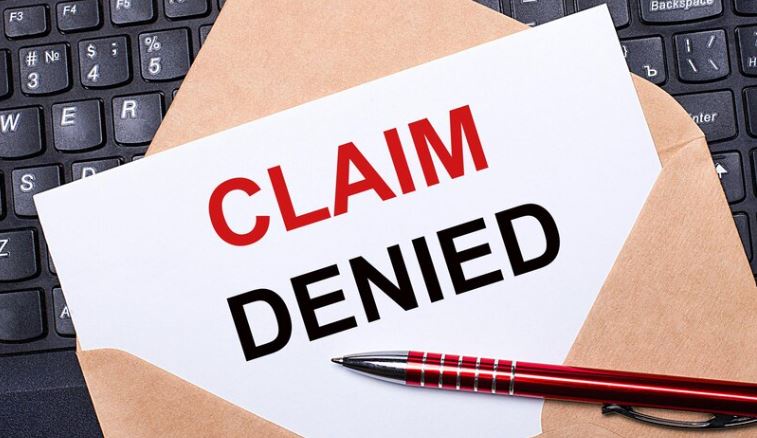The transfer of shares to the Investor Education and Protection Fund (IEPF) can be a situation that shareholders and investors want to avoid. When shares are moved to IEPF, they become unclaimed shares, and the process of reclaiming them can be time-consuming and complex. In this blog, we will discuss essential tips for shareholders and investors to prevent their Shares Transferred to IEPF and ensure their investments remain in their control.
Understanding the IEPF and Shares Transfer
Before delving into the tips for avoiding shares transfer to IEPF, it's crucial to have a basic understanding of the Investor Education and Protection Fund. The IEPF is a government-mandated fund designed to protect the interests of investors and shareholders. Shares are transferred to IEPF when they remain Unclaimed Shares IEPF for a specified period, typically seven years. Once shares are moved to IEPF, the process of reclaiming them can be arduous, involving various legal formalities and procedures.
Tips to Avoid Shares Transfer to IEPF
1. Keep Updated Contact Information
Ensure that your contact details, including your address, email, and phone number, are up to date with the company's registrar and transfer agent. Outdated or incorrect information can lead to communication gaps, making it more likely for your shares to be transferred to IEPF without your knowledge.
2. Regularly Monitor Your Investments
Stay vigilant about your investment portfolio. Regularly check your account statements and dividend receipts to ensure everything is in order. If you notice any discrepancies or missing dividends, address them promptly.
3. Respond to Corporate Communication
Act promptly when you receive communication from the company, registrar, or transfer agent. This includes annual reports, notices of general meetings, and dividend warrants. Ignoring such communications can lead to your shares becoming unclaimed.
4. Nominate a Successor
Consider nominating a successor for your shares. This can simplify the process of transferring shares in case of unforeseen events, such as your passing. Nomination forms are available through registrars and transfer agents.
5. Consolidate Your Holdings
If you hold shares in physical form, consider consolidating them into a single demat account. This reduces the chances of losing track of individual physical certificates, which can lead to unclaimed shares.
6. Record Keeping
Maintain organized records of your investments, including share certificates, demat statements, and transaction records. A well-kept record can help you quickly identify any discrepancies and address them.
7. Set Up Alerts
Many registrars and transfer agents offer online services that allow you to set up alerts for your investments. These alerts can notify you about corporate actions, dividend declarations, and important deadlines.
Our Service:-
8. Claim Pending Dividends
Ensure you claim any pending dividends promptly. Unclaimed dividends can lead to shares being transferred to IEPF. Keep track of dividend declaration dates and make timely claims.
Conclusion
Shares Moved to IEPF, becoming unclaimed shares, can create unnecessary hassles for shareholders and investors. It's crucial to take proactive steps to avoid this situation. By keeping your contact information updated, monitoring your investments regularly, responding to corporate communications, and following the other tips mentioned above, you can significantly reduce the risk of having your shares transferred to IEPF. Protecting your investments and ensuring they remain in your control is not just a matter of financial prudence; it's a safeguard for your financial future.


No comments yet